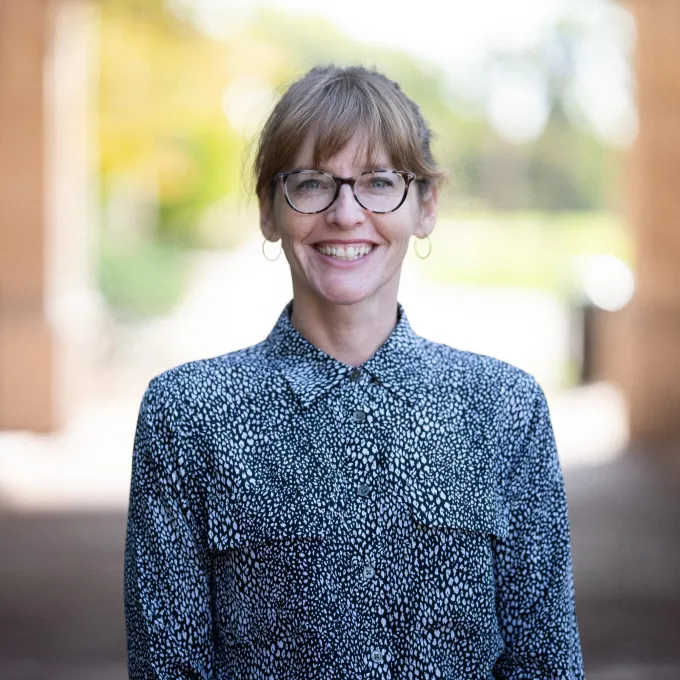Talia Dan-Cohen is an anthropologist of science and technology with interests that range across the history, philosophy, and social studies of science, and the anthropology of knowledge and expertise. She has conducted extensive research on the technological frontiers of the biosciences. Her more recent research questions complexity as an epistemic virtue.
Her book, A Simpler Life: Synthetic Biological Experiments (Cornell University Press, 2021), approaches the field of synthetic biology by focusing on the experimental and institutional lives of practitioners in two lab at Princeton University. In these sites, Dan-Cohen examines the set of techno-epistemic practices that give both researchers' lives and synthetic life their distinctive contemporary forms. She is also the co-author of A Machine to Make a Future: Biotech Chronicle (Princeton University Press 2005, with Paul Rabinow). Dan-Cohen is currently working on a new book, entitled The Limits of Complexity, which examines the histories, uses, and abuses of complexity across several fields.
Dan-Cohen is launching two new projects. The first project examines the ethical transformation of the sciences at the hands of AI and involves fieldwork across different scientific disciplines in which AI is transforming practices, concepts, and institutions. The second project explores the profusion of storytelling workshops for scientists and public health experts in the United States today. This project is motivated by broad questions concerning the relationship between truth and narrative as they relate to the contemporary crisis of expertise.
